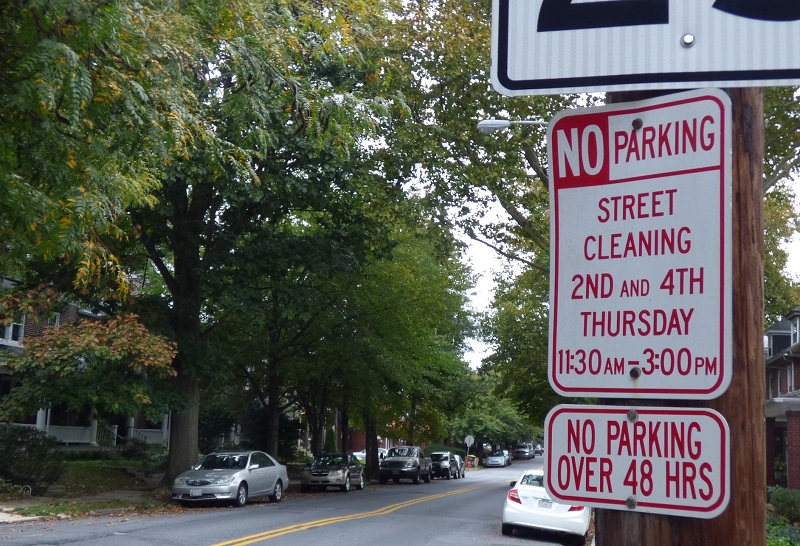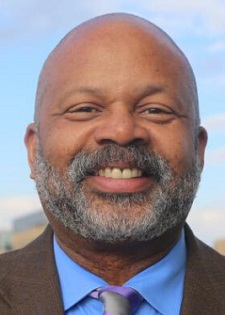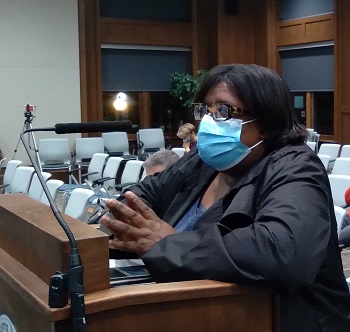
City Council has postponed changing Lancaster's rules around street sweeping, parking and snow emergencies.
Its legislative agenda Tuesday included a bill enacting amendments to City Code proposed by the Department of Public Works. They are intended to make it easier for the city to plow after a snowstorm and to plan maintenance work during routine no-parking periods.

However, at the request of Public Works Director Stephen Campbell, City Council voted to table the measure until its Nov. 23 meeting.
Darlene Byrd and other southeast residents had protested at council's previous meeting Oct. 12 that the amendments would create undue hardship. The delay, Campbell said, will give his team time to meet with South Ann Street Concerned Neighbors, the organization that Byrd leads, and explore solutions.
Among other things, the proposed amendments stipulate that all city parking restrictions are to come back into effect immediately once a declared snow emergency ends.
The restrictions consist primarily of zone-by-zone no-parking periods, designed to allow regular street cleaning. Reinstituting them promptly after snow emergencies would allow Public Works to follow the street-sweeping schedule and plow vacated streets curb-to-curb citywide.
Another proposed change would bar the practice of allowing cars on the city's narrowest one-way streets to vacate the parking lane for cleaning by moving to the travel lane and parking partly on the curb.

Byrd and her fellow southeast residents objected. Many of those narrow streets are near each other and are cleaned on the same days, Byrd said: On-street parking is too scarce for all those cars to relocate, and there are no parking lots accessible to the public within walking distance.
Campbell has said Public Works hopes to make arrangements with neighborhood entities that have parking lots, such as churches, schools and nonprofits, to accommodate the overflow. His team is continuing to explore that idea, he said Tuesday.
Good solutions to residents' parking concerns are in the works, he said, adding that his department believes "solidly" that the proposed amendments are appropriate and will be beneficial.





